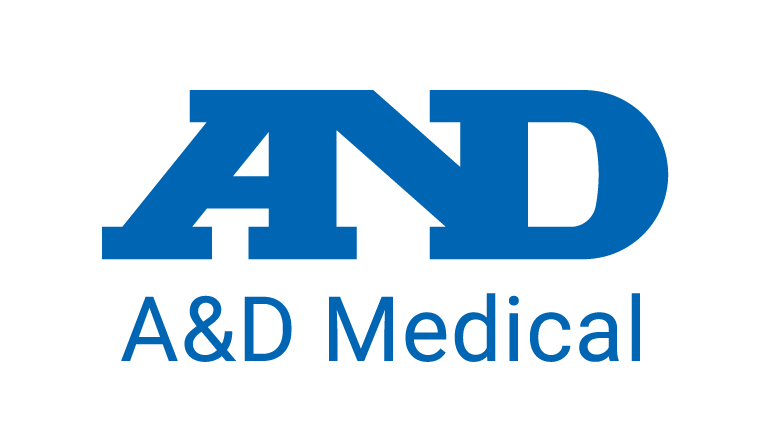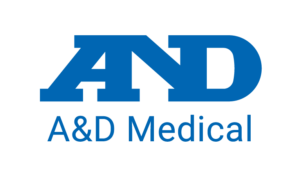Revolutionizing Blood Pressure Management: The Role of Digital Health Technologies
In an era marked by unprecedented advancements in technology, digital health innovations are transforming every aspect of healthcare, including the monitoring and management of blood pressure. With the rise of digital health technologies, individuals now have access to tools and resources that empower them to take control of their cardiovascular health like never before. In this blog post, we’ll explore the profound impact of digital health technologies in facilitating blood pressure monitoring and management, revolutionizing the way we approach cardiovascular wellness.
Empowering Self-Monitoring
Digital health technologies, such as smartphone-connected blood pressure monitors and wearable devices, have democratized blood pressure monitoring, allowing individuals to track their readings conveniently from the comfort of their homes. This shift towards self-monitoring empowers patients to take an active role in managing their blood pressure, fostering greater engagement and accountability in their healthcare journey.
Real-Time Data Insights
One of the key benefits of digital health technologies is the ability to provide real-time data insights. With connected devices and mobile applications, individuals can instantly access their blood pressure readings, trends, and personalized health recommendations. This timely feedback enables proactive decision-making, allowing patients and healthcare providers to intervene promptly in case of any deviations from optimal blood pressure levels.
Enhanced Patient-Provider Collaboration
Digital health technologies facilitate seamless communication and collaboration between patients and healthcare providers. Through telehealth platforms and secure messaging systems, individuals can easily share their blood pressure data with their care team, enabling remote monitoring and virtual consultations. This enhanced connectivity fosters a patient-centered approach to care, where treatment plans are tailored to individual needs and preferences.
Personalized Interventions and Support
With the advent of artificial intelligence and machine learning algorithms, digital health technologies can analyze vast amounts of data to provide personalized interventions and support. By leveraging predictive analytics, these technologies can identify patterns and trends in blood pressure data, enabling targeted interventions such as lifestyle modifications or medication adjustments. This personalized approach to blood pressure management enhances the efficacy of treatment plans and improves patient outcomes.
Remote Patient Monitoring
Digital health technologies play a crucial role in remote patient monitoring, particularly for individuals with chronic conditions such as hypertension. Remote monitoring solutions allow healthcare providers to continuously monitor patients’ blood pressure readings and receive alerts in case of any concerning changes. This proactive approach enables early intervention and prevents adverse events, ultimately improving patient safety and quality of care.





